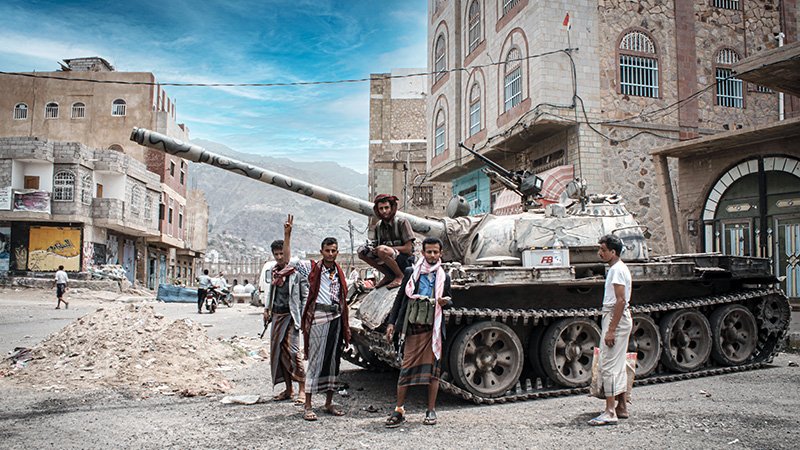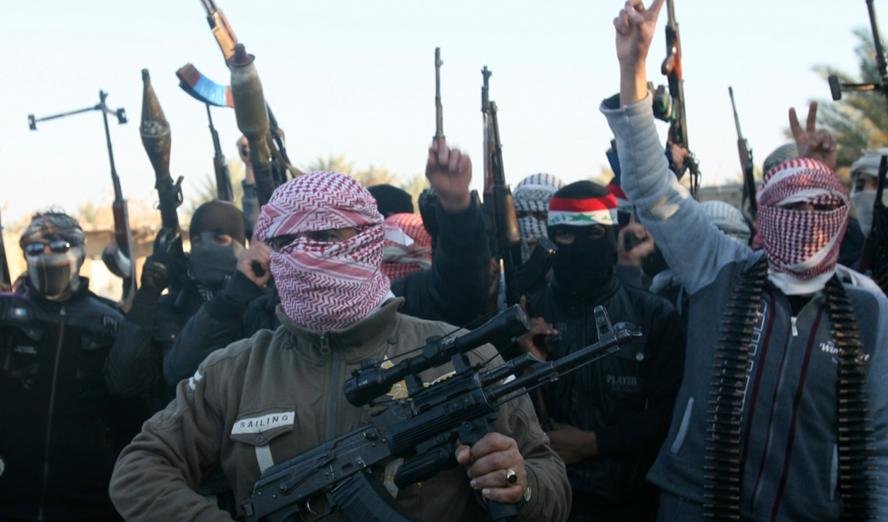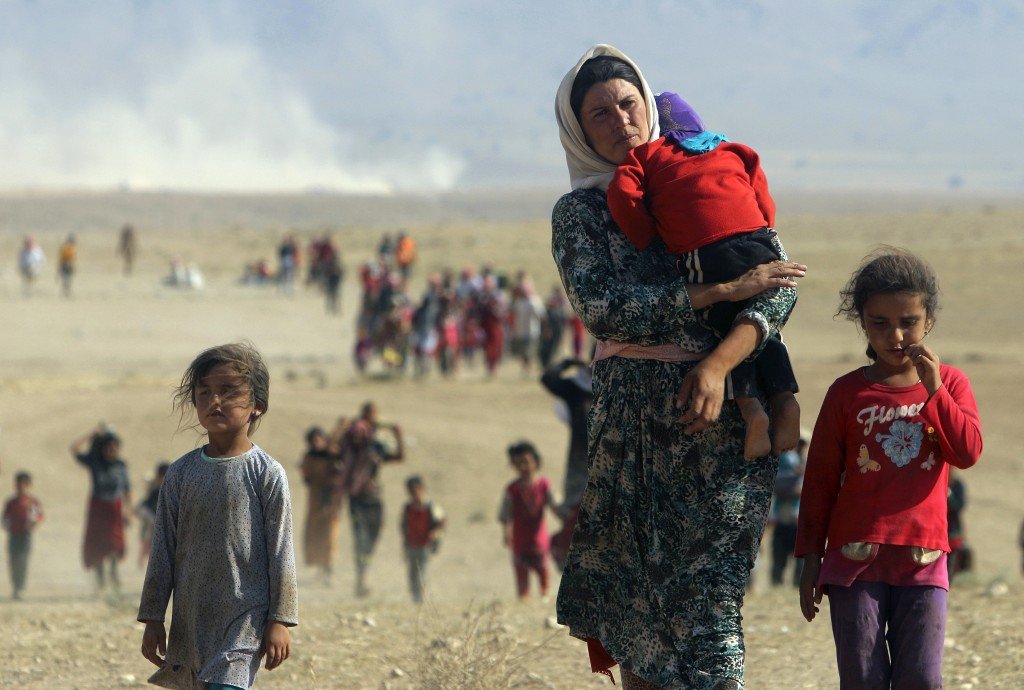Ongoing Conflicts: Conflicts persist in various regions, including the Middle East, Africa, and Asia. These disputes often stem from historical grievances, ethnic tensions, and political power struggles. Yemen remains one of the world’s worst humanitarian crises, with over 20 million people in need of humanitarian assistance due to ongoing conflict and famine.
Terrorism: The global threat of terrorism continues to evolve, with extremist groups exploiting political instability and societal divisions to further their agendas. According to the Global Terrorism Index 2023, there were over 6,000 terrorist incidents worldwide in 2022, resulting in nearly 30,000 fatalities.
Cyber Warfare: As technology advances, cyber warfare has emerged as a critical security challenge, with state and non-state actors targeting vital infrastructure and information systems. The World Economic Forum’s Global Risks Report 2024 identified cyberattacks on critical infrastructure as one of the top global risks, highlighting the increasing sophistication and frequency of attacks.




